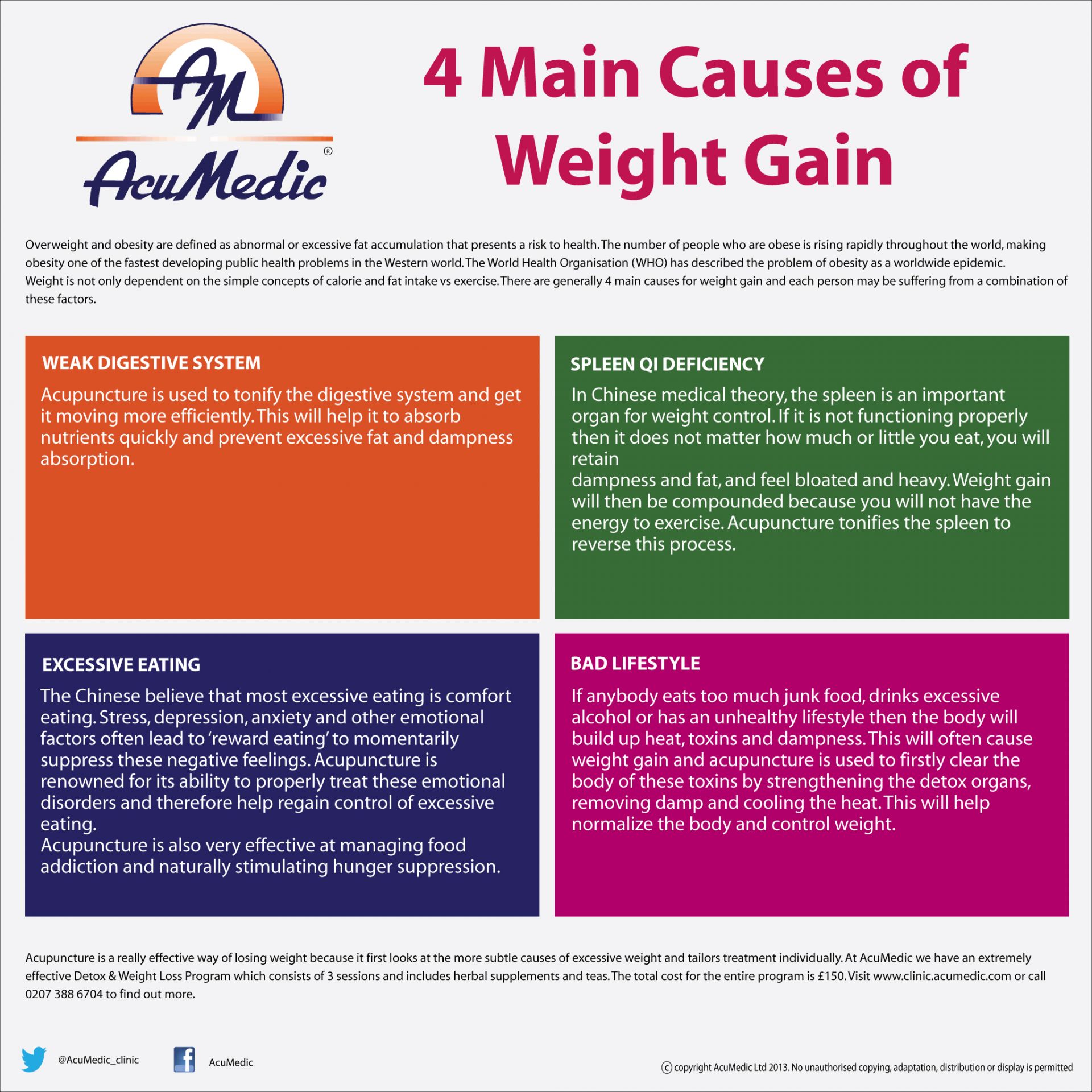


10 Patients often need to take antidepressants over the long term hence it is important that research provide data assessing the impact of long-term treatment with SSRIs or SNRIs on weight.

Studies suggest that the SNRI venlafaxine extended release (ER) is no more likely than SSRIs to cause weight gain in the short term, 1, 9 and that significant weight changes are no more common with maintenance treatment with venlafaxine ER (up to 2 years) than with placebo. 7 In a comparison of 3 SSRIs-sertraline, fluoxetine, and paroxetine-Fava et al 8 reported significant weight gain (> 7%) in 4.2%, 6.8%, and 25.5% of patients, respectively, over a 6-month period. 6 Studies have suggested that weight gain is less likely to occur when SSRIs are used for a relatively short time (3–6 months). 1 Patients administered SSRIs tend to lose weight during acute treatment but tend to gain weight over longer periods of treatment. 4, 5 Less clear, however, is the relationship between selective serotonin reuptake inhibitors (SSRIs) or serotonin-norepinephrine reuptake inhibitors (SNRIs) and weight gain, especially over the long term. It is clear that monoamine oxidase inhibitors (MAOIs) and tricyclic antidepressants (TCAs) exert a pharmacologic effect resulting in weight gain, with reported gains of up to 9 to 18 kg or more for patients treated with MAOIs 3 and approximately 2 to 4 kg for those treated with TCAs. Therefore, clinicians must consider potential beneficial or detrimental effects on appetite and weight when choosing among available antidepressants for depression in the geriatric population. 2 Low body weight and weight loss are significant clinical and regulatory issues in nursing facilities and can complicate the course of depression. Depression is the sixth most commonly occurring diagnosis in nursing home residents, occurring in at least 20% of patients. 1 Although weight gain is an important factor in patient adherence to medication regimens, weight loss is an important clinical factor in older patients. 1 This ambiguity stems from a methodological issue common to most randomized clinical trials, in which weight data are reported in the aggregate without a clear indication of the potential reasons for weight gain in individual patients. 1 It is unclear whether weight gain in some depressed patients treated with antidepressant medication is a result of (1) recovery of weight following an improvement in depression symptoms (2) a residual symptom (ie, in patients who overeat when depressed) or (3) a side effect of the antidepressant itself. Major depressive disorder (MDD) is often associated with appetite changes (loss of appetite or increased appetite) and subsequent weight changes.


 0 kommentar(er)
0 kommentar(er)
